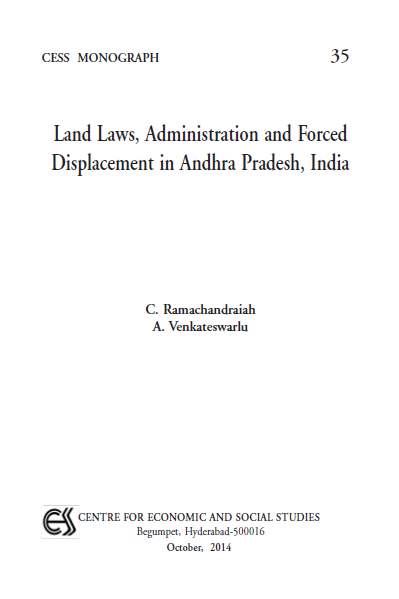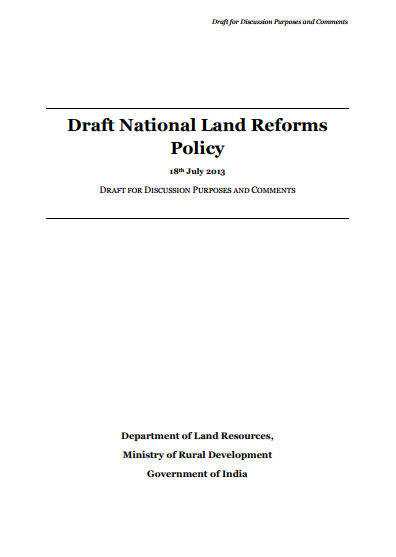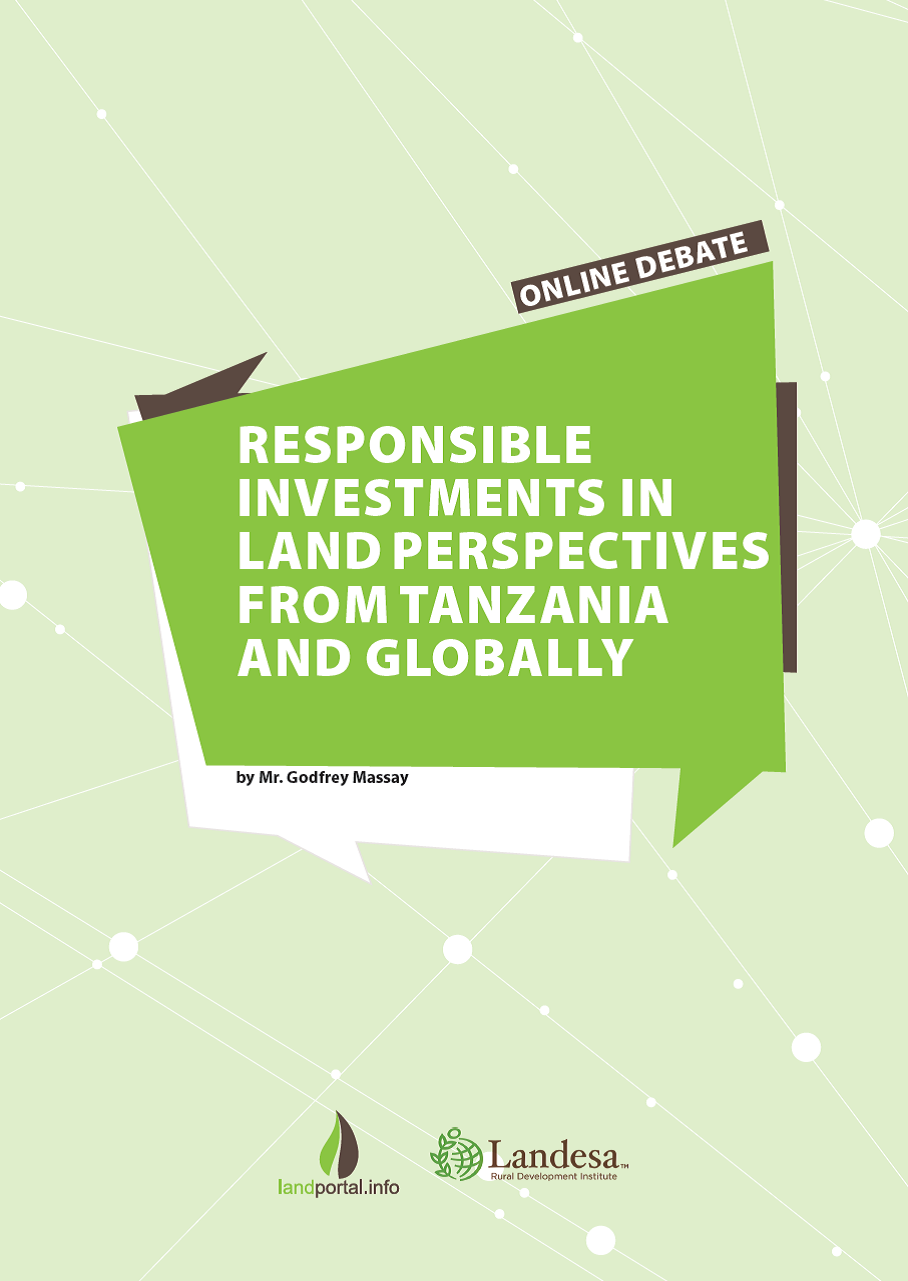‘Control Grabbing’ and small-scale agricultural intensification: emerging patterns of state-facilitated ‘agricultural investment’ in Rwanda
The Rwandan government's ongoing reconfiguration of the agricultural sector seeks to facilitate increased penetration of smallholder farming systems by domestic and international capital, which may include some land acquisition (‘land grabbing’) as well as contract farming arrangements. Such contracts are arranged by the state, which sometimes uses coercive mechanisms and interventionist strategies to encourage agricultural investment.








